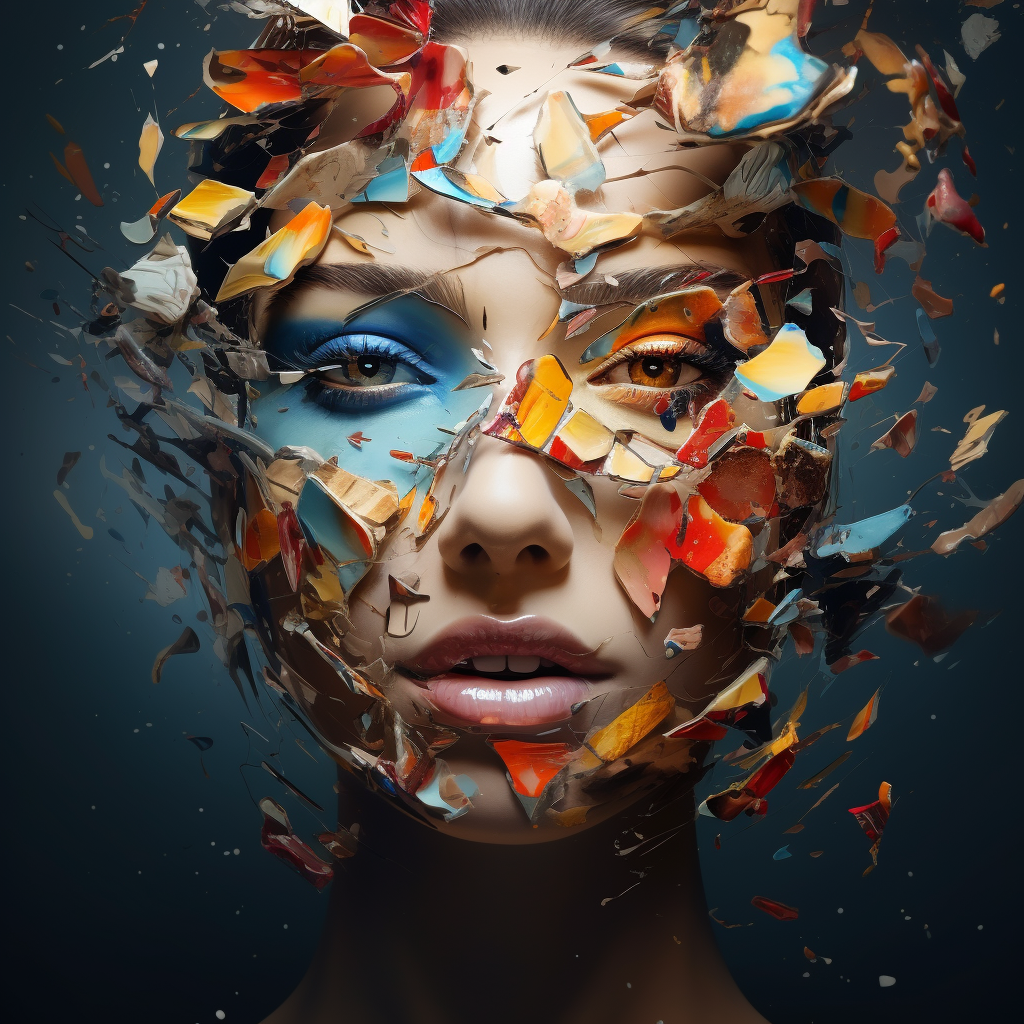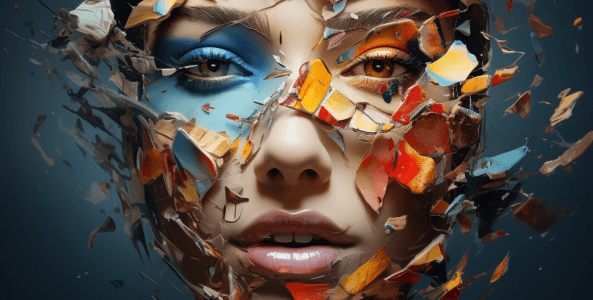The act of creating poetry, similar to the skill of a stage actor, is a form of artistic expression that goes beyond the simple act of writing. It involves a delicate balance of creativity, emotion, and linguistic skill. This piece explores the intricate relationship between fiction and poetry, explaining the reasons why writing poetry is essentially a fictional endeavor. It also highlights how poets, like actors, become performers in the process.
Poets venture into the realm of poetic creation, where the boundaries between reality and fantasy often become indistinct. Through their verses, they open gateways to different realities and emotions. In these narratives, poets blend fiction and personal experiences, assuming the role of storytellers. They create characters, scenes, and emotions that transport readers to familiar and unexplored realms.
Symbolism, metaphors, and allegory amplify the fictional aspect of poetry. Through the use of these literary tools, poets can convey complex ideas and emotions using indirect language, leading readers to analyze and actively engage in the interpretation process. This linguistic approach resembles the art of a magician, captivating readers to momentarily suspend their skepticism and immerse themselves entirely in the world of words.
Poets, as they delve into their art, transform into skilled entertainers. Whether reciting their poetry in public or the privacy of their own space, they exhibit a theatrical flair. The words they utter carry melody, cadence, and sentiment, and the poet serves as the vessel through which the poem is animated. This platform allows the poet to assume the roles of both creator and performer, communicating both words and a vivid array of emotions and visuals.
The role of the audience is crucial in the performance of poetry. Their interpretations and emotional reactions contribute an additional layer of fiction to the narrative of the poem. Each reader or listener brings their own distinct experiences and perspectives, which reshape the poem’s meaning in a manner that reflects the subjective nature of fiction.
To summarize, the act of writing poetry inherently involves creating fiction by combining imagination, symbolism, and narrative construction. Poets, as performers, infuse vitality into their verses, making poetry a dynamic art form that blurs the boundary between fiction and reality. Within this uncertainty, the authentic beauty and influence of poetry reside, inviting readers and listeners to engage in the ongoing performance of words actively.


